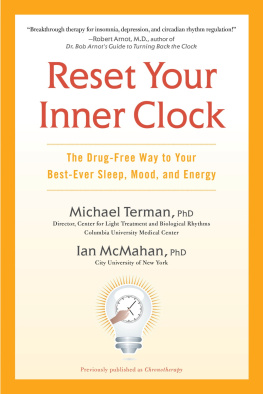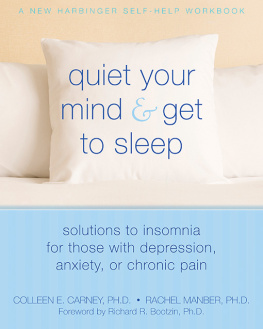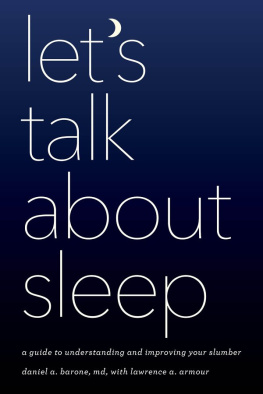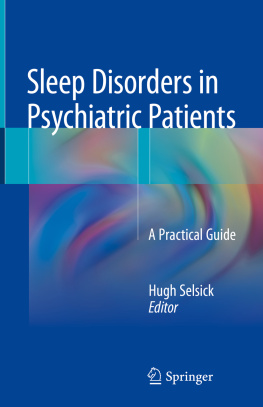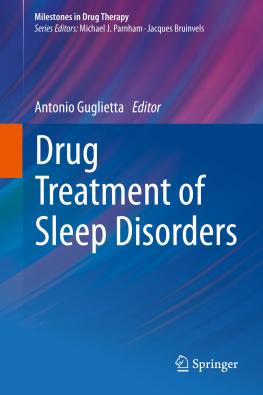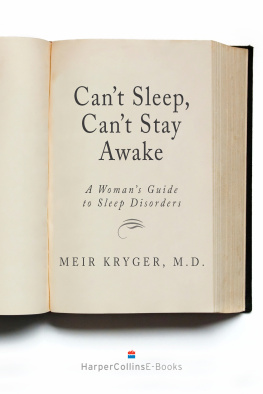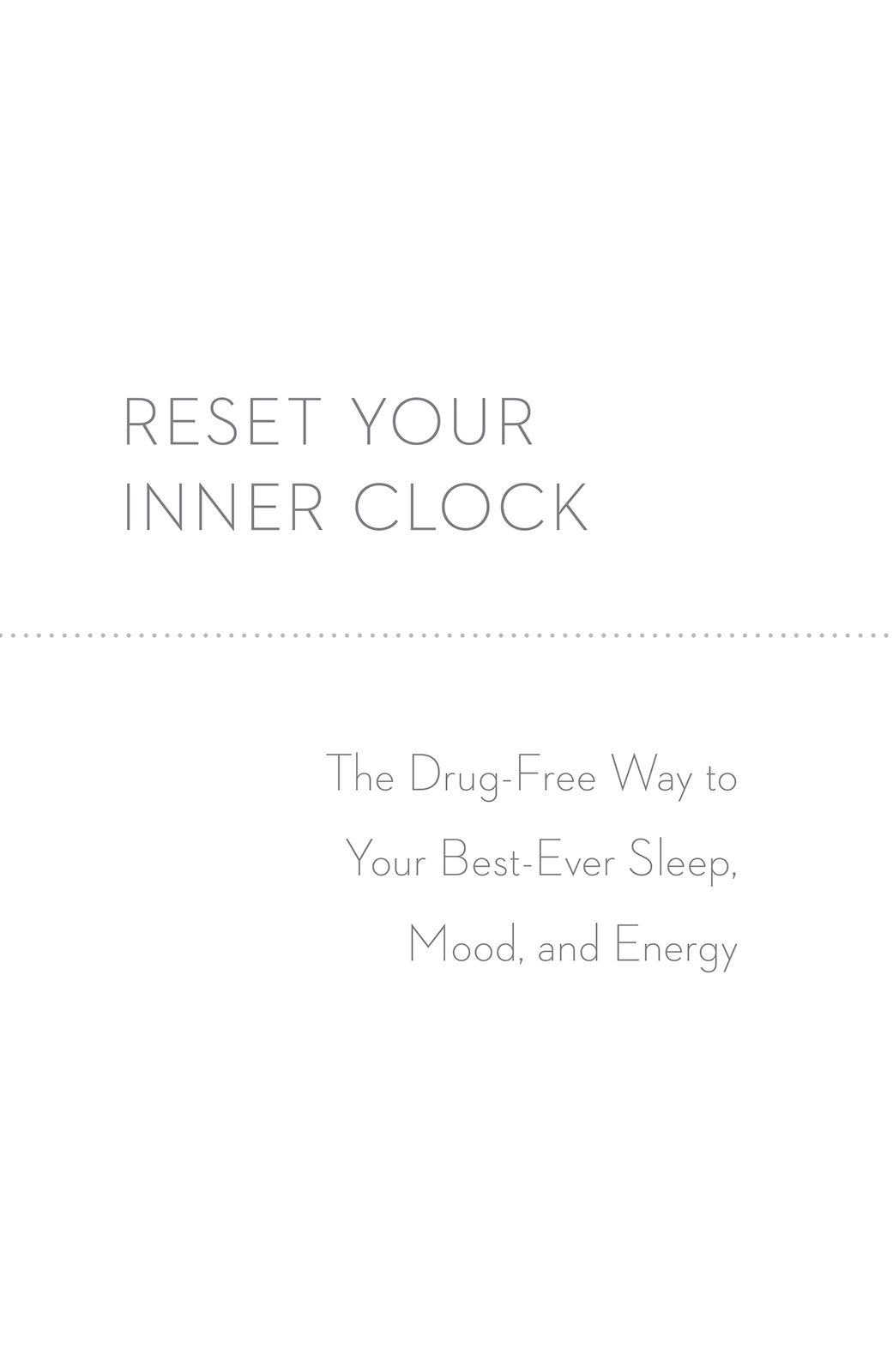Michael Terman Ph.D. - Reset Your Inner Clock: The Drug-Free Way to Your Best-Ever Sleep, Mood, and Energy
Here you can read online Michael Terman Ph.D. - Reset Your Inner Clock: The Drug-Free Way to Your Best-Ever Sleep, Mood, and Energy full text of the book (entire story) in english for free. Download pdf and epub, get meaning, cover and reviews about this ebook. year: 2013, publisher: Avery, genre: Home and family. Description of the work, (preface) as well as reviews are available. Best literature library LitArk.com created for fans of good reading and offers a wide selection of genres:
Romance novel
Science fiction
Adventure
Detective
Science
History
Home and family
Prose
Art
Politics
Computer
Non-fiction
Religion
Business
Children
Humor
Choose a favorite category and find really read worthwhile books. Enjoy immersion in the world of imagination, feel the emotions of the characters or learn something new for yourself, make an fascinating discovery.
- Book:Reset Your Inner Clock: The Drug-Free Way to Your Best-Ever Sleep, Mood, and Energy
- Author:
- Publisher:Avery
- Genre:
- Year:2013
- Rating:4 / 5
- Favourites:Add to favourites
- Your mark:
Reset Your Inner Clock: The Drug-Free Way to Your Best-Ever Sleep, Mood, and Energy: summary, description and annotation
We offer to read an annotation, description, summary or preface (depends on what the author of the book "Reset Your Inner Clock: The Drug-Free Way to Your Best-Ever Sleep, Mood, and Energy" wrote himself). If you haven't found the necessary information about the book — write in the comments, we will try to find it.
Beginning with a questionnaire that pinpoints the problem areas, Terman helps readers decipher when their natural internal night begins and ends. The treatment process then begins, incorporating the power of natural light with supplemental light therapy. His program has brought relief to thousands of sleep sufferers, as well as those burdened by bipolar disorder, seasonal affective disorder, depression, sleep disorders due to shiftwork schedules, and other impediments to vibrant health.
His comprehensive coverage includes:
External vs. Internal Time: The clock on the wall measures twenty-four hours every day, but the clock in your brain runs a little different. How can you help them work together?
The Pressure to Sleep: The longer you stay awake, the more pressure you feel to sleep. But what if your inner clock says it is not yet ready for sleep?
Owls, Larks, and Hummingbirds: What kind of bird are you? And once you know, how can that help you figure out when best to get stuff done?
Getting Light into the Brain: How do your eyes pass signals to your inner clock, and what makes those signals so important?
Getting Light Wrong: Seeing light and being in darkness are basic daily experiences. But what happens when they come at the wrong times, and why does that have such negative consequences for mood, alertness, and sleep?
Geography and Time: East or west, south or north, how can where you live have such a huge impact on your mood and sleep?
Healing Light: How can light help you solve your sleep problems, have more energy, and feel more positive about life? Why do the details matter so much?
Nighttime Meds and Melatonin: Do you rely on pills to get to sleep? They may not work, and they may be bad for you. But a new approach based on the brains inner clock holds great promise.
Hospitalized with Depression: When someone becomes so depressed they need to go to the hospital, what promise does chronotherapy offer for a quick turnaround and continued improvement?
Beyond Light: The Charge in the Air: What is it about spending a day at the beach that gives you such a lift? And how can you use new technology to bring that feeling of wellbeing into your home?
The Promise of Pregnancy: You are going to have a baby! You are thrilled, but a little apprehensive too. How can chronotherapy help you through the next nine months?
Strategies for Babies and Children: When your baby or child sleeps well and feels good, you feel better too. How can chronotherapy help you reach this goal?
The Challenges of Adolescence: As a teen, why do you feel the need to stay up so late and sleep so late? What are the consequences for your mood, health, and schoolwork? What simple steps can you take to put your life on a smoother course?
In Later Years: Does getting older have to mean being tired, sleeping badly, and feeling down? How can you or someone you care about reverse these trends by using light?
Coping with Shift Work: What if your job puts you on duty when your inner clock says you should be asleep? How can chronotherapy help you stay awake, alert, and in a decent mood?
Racing the Clock, Racing the Sun: You are traveling across the world and you need to be in high gear tomorrow. How can chronotherapy prepare you for the trip and help you recover from jet lag?
Chronobiology in the Home and Workplace: How will the collaboration of chronobiologists and architects transform the places you live, work, and learn?
Dawn of a Circadian Science: Why is mainstream medicine so slow to put the insights of chronotherapy into practice?
Michael Terman Ph.D.: author's other books
Who wrote Reset Your Inner Clock: The Drug-Free Way to Your Best-Ever Sleep, Mood, and Energy? Find out the surname, the name of the author of the book and a list of all author's works by series.

